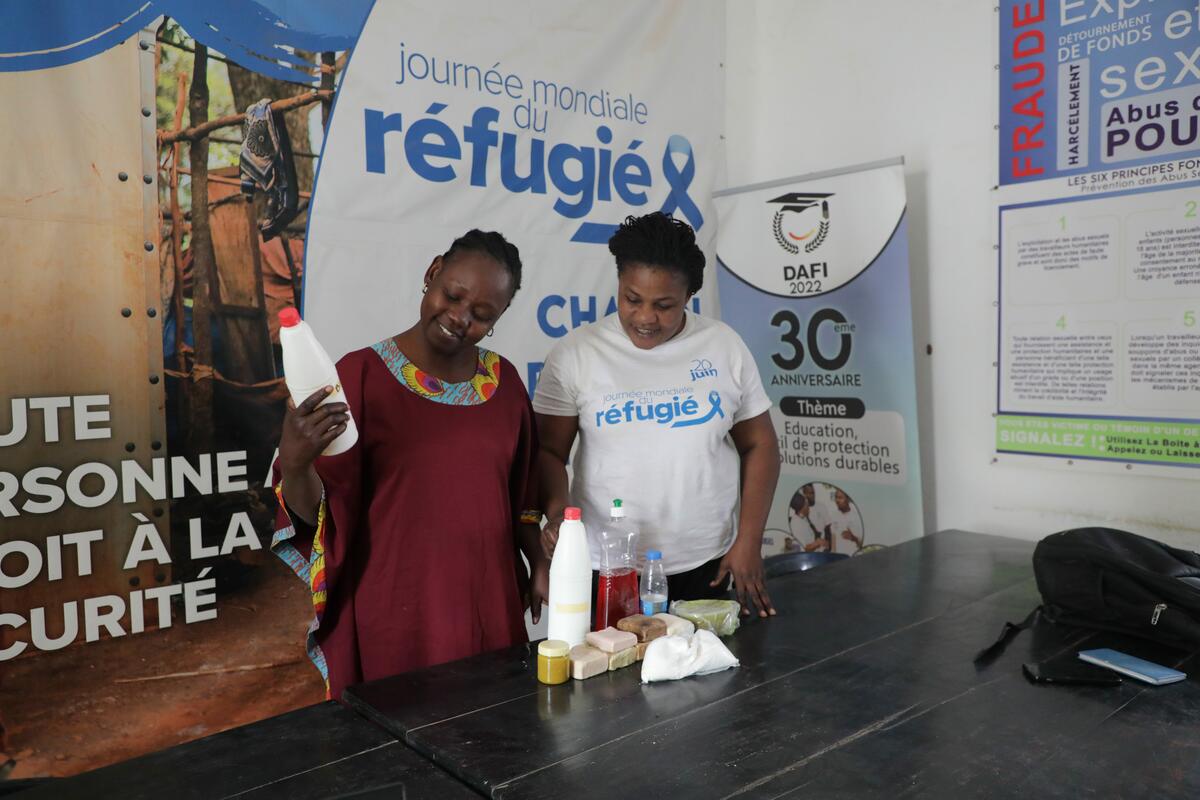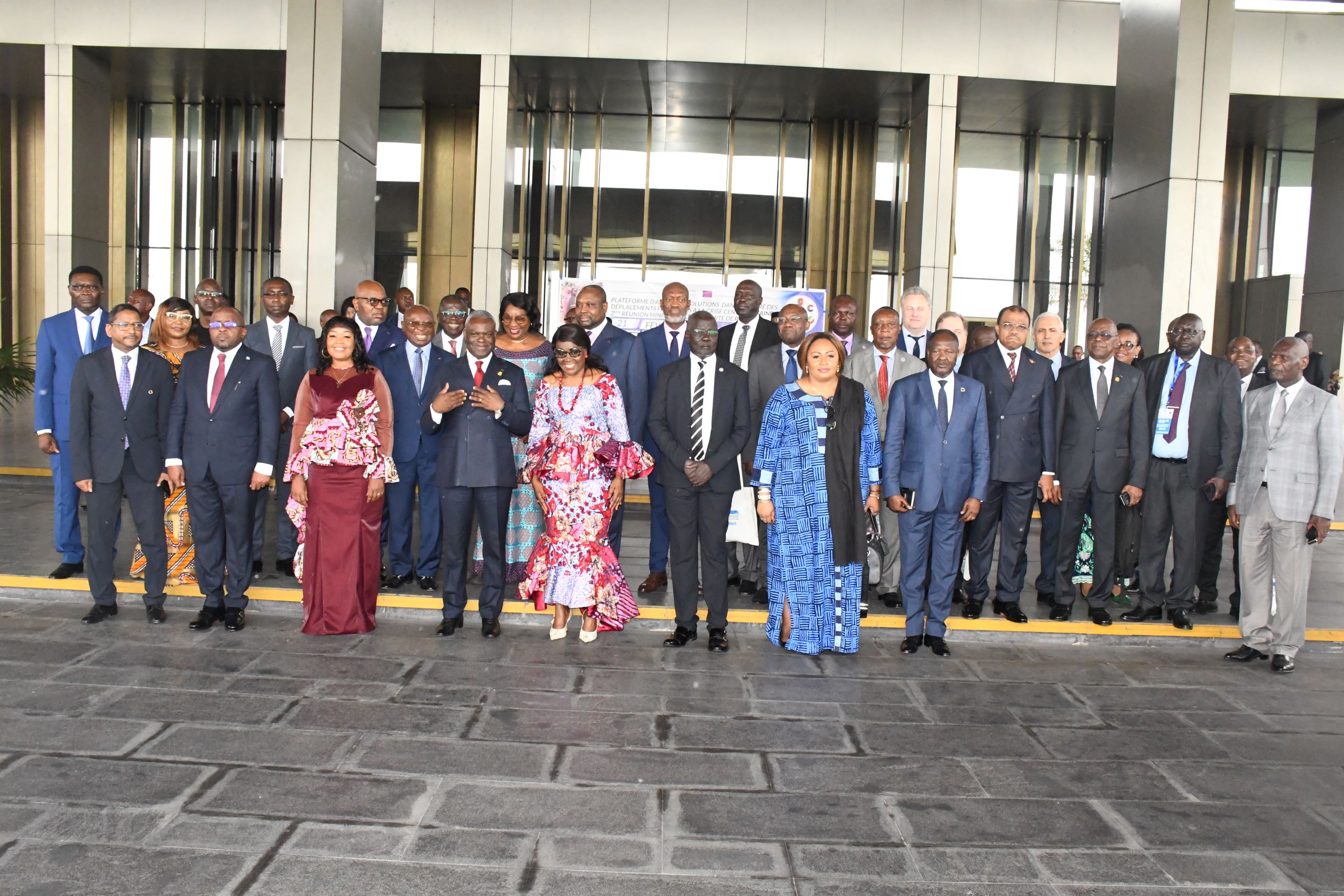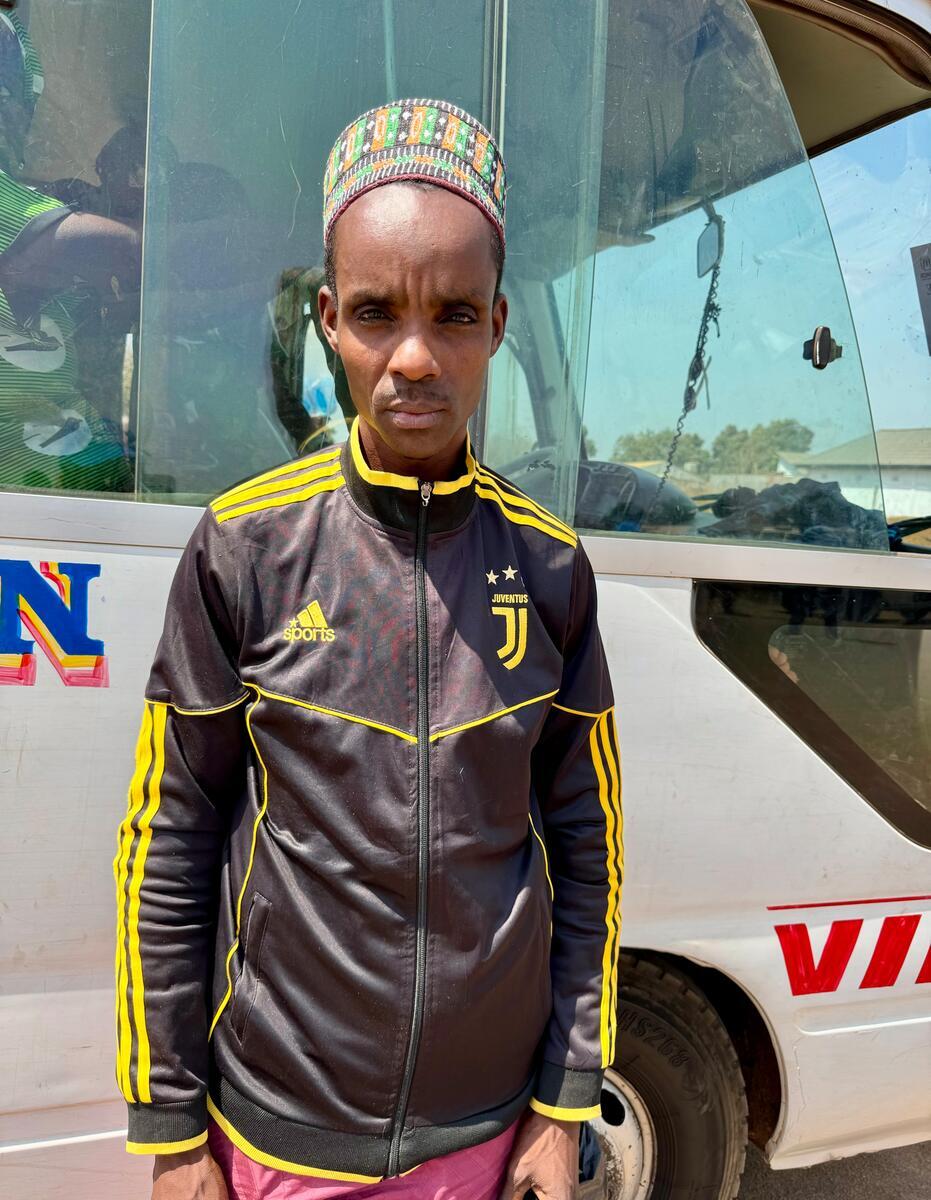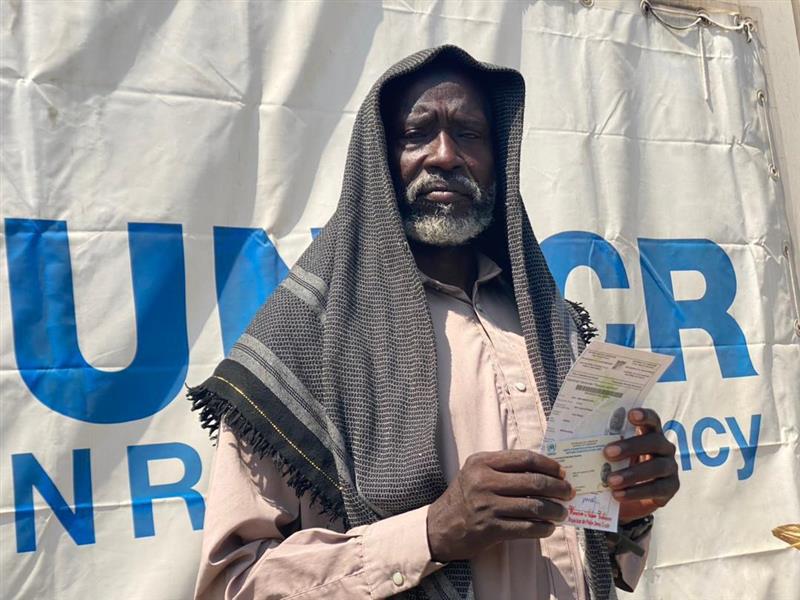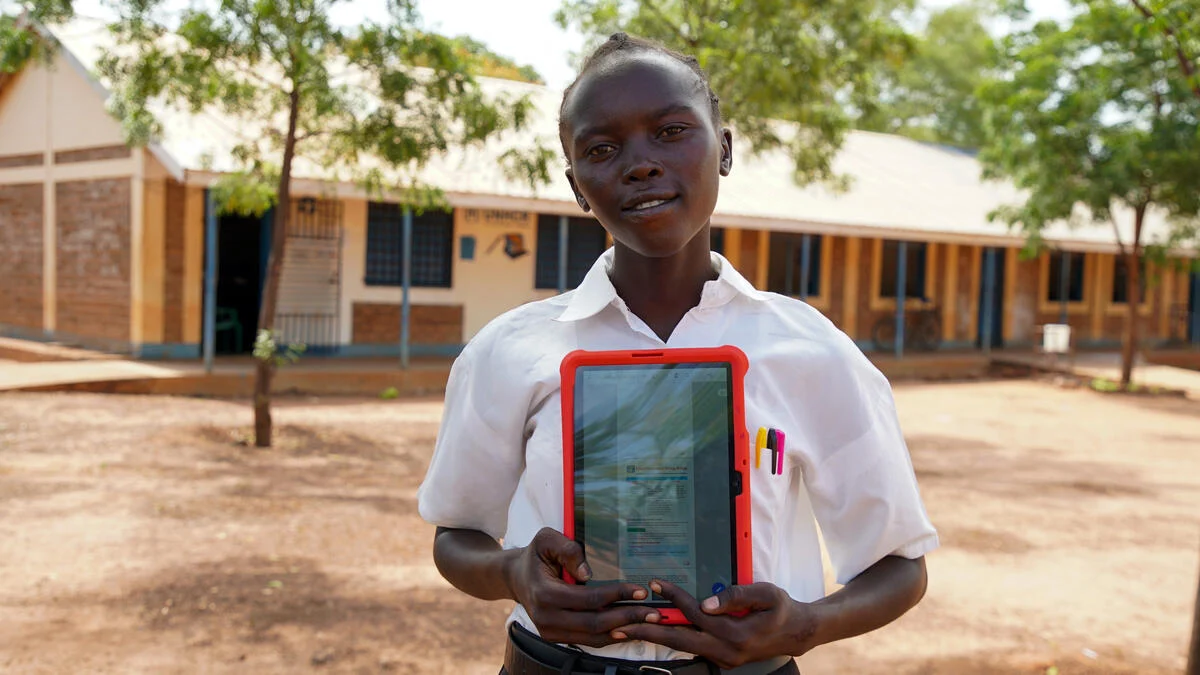Bringing justice to refugees' doorstep in Tanzania's Nyarugusu Camp
Bringing justice to refugees' doorstep in Tanzania's Nyarugusu Camp
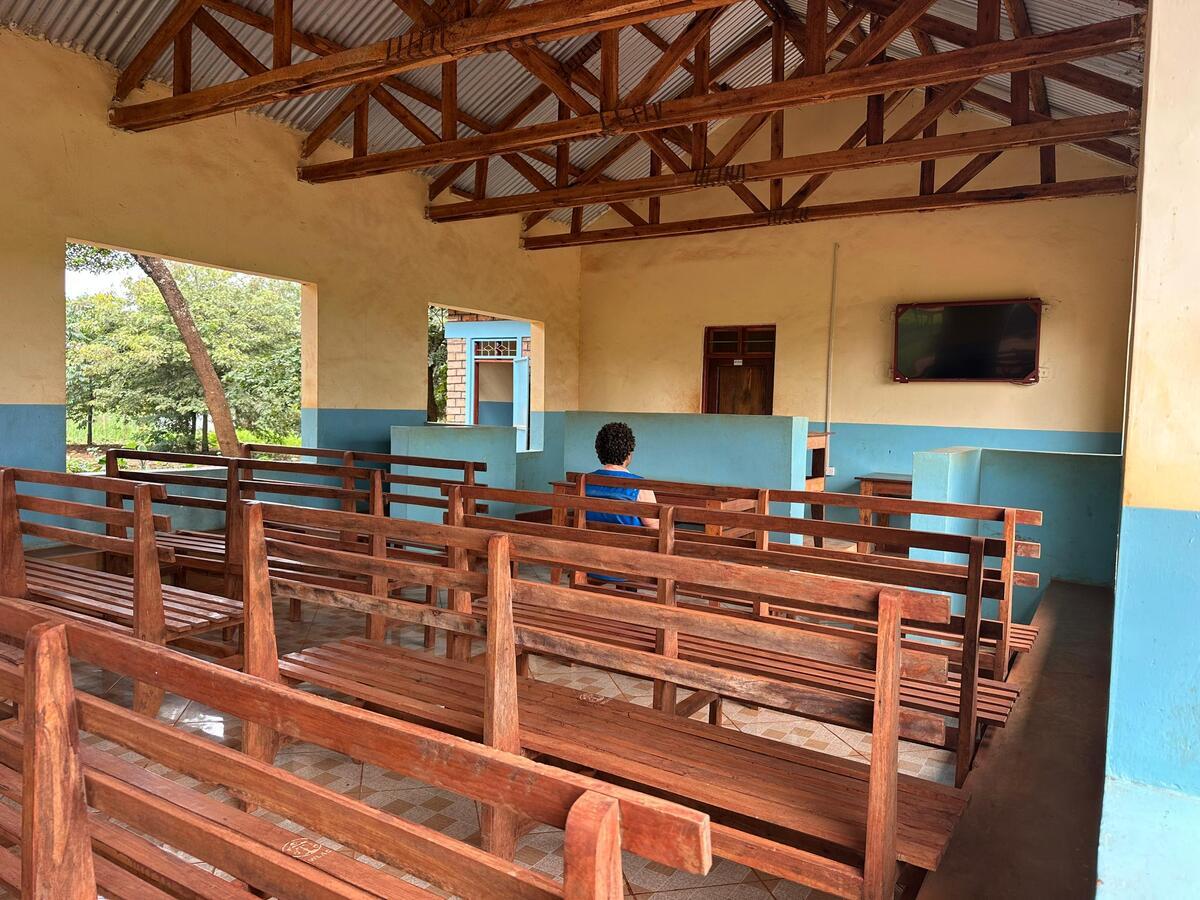
Mobile court in Nyarugusu refugee camp provides legal services to refugees and Tanzanians.
Access to justice is one of the human rights that allows individuals irrespective of their gender and social status to be treated fairly. For refugees in the camps in Tanzania, access to timely justice, especially for cases of gender-based violence (GBV) is critical when they have limited freedom of movement due to the country’s encampment policy.
In 2022, UNHCR and the Refugee Services Department in the Ministry of Home Affairs, in collaboration with Women's Legal Aid Centre (WLAC) and Danish Refugee Council (DRC) established a mobile court as to address legal issues that affect refugees and their Tanzanian hosts living in and around Nyarugusu camp, north of the country.
“Bringing the court system closer to the people in the camp has made justice more accessible and timelier. Refugees can now address their grievances without the burden of travel or delays, ensuring their rights are protected in even the most difficult circumstances,” says Immaculate Shali, Senior Resident Magistrate, Kasulu District Court in Kigoma.
In the mobile court, the procedure of filing a case is simple. The case is reported to the police, then transferred to the National Prosecution Services (NPS) who file a case in an online court system on behalf of the United Republic of Tanzania, and then a Magistrate hears the case through the virtual court system in the camp.
“The mobile court initiative is a transformative step in ensuring access to justice for refugees. It not only resolves disputes but restores dignity and hope in challenging circumstances. Through our partnership with UNHCR, we’re ensuring that no one is left without a voice, especially the most vulnerable,” says Mburalina D. Maira, DRC Legal Team Leader.
Currently, two magistrates who were trained on gender-based violence (GBV) issues, including on how to respond to GBV cases, virtually attend the mobile court. On average, the mobile court handles two to three GBV cases per month, while monthly reports are much higher . It takes six months to finalize a GBV case in the mobile court. However, for the tendering of physical exhibits as well as for thepronouncement of judgement, they are conducted physically at the main court premises as per the court procedures. Survivors are supported by the Legal partner to attend these physical court.
“The mobile court brings a quicker access to justice for GBV survivors especially women and girls mostly affected by GBV incidents in Nyarugusu Camp. It speeds up GBV cases through the virtual court system and addresses challenges faced by women and girls about fear of retaliation, reduced rate of survivor’s withdrawal of cases in courts and distance factor,” explains Rehema Peter Katyega, UNHCR Assistant GBV Officer.
The refugees find the court useful as it reduces barriers such as distance and cost, provides timely justice, and protects their rights, as women and minors feel safer reporting crimes such as GBV. Also, it improves community confidence as the court is within the vicinity of the camp and it builds trust in the legal system and empowers refugees to seek redress for grievances.
UNHCR and partners engage paralegals who play a vital role in supporting the legal needs of refugees. Paralegals are often trained to provide basic legal advice in minor cases, educate the community about their rights, and help navigate the justice system, including in the mobile court. At Nyarugusu Camp, there are a total of 53 paralegals supporting around 134,000 refugees and asylum seekers.
Thanks to the generous support of our steadfast donors like the Government of the United States of America, forcibly displaced women and vulnerable groups are encouraged by having access to the mobile court to prosecute their cases without fear, as it is a closer facility where refugees only appear in court at a scheduled time thus allowing them to use their remaining time for other activities including attending to their families. The mobile court brings justice to the doorstep of refugees.


